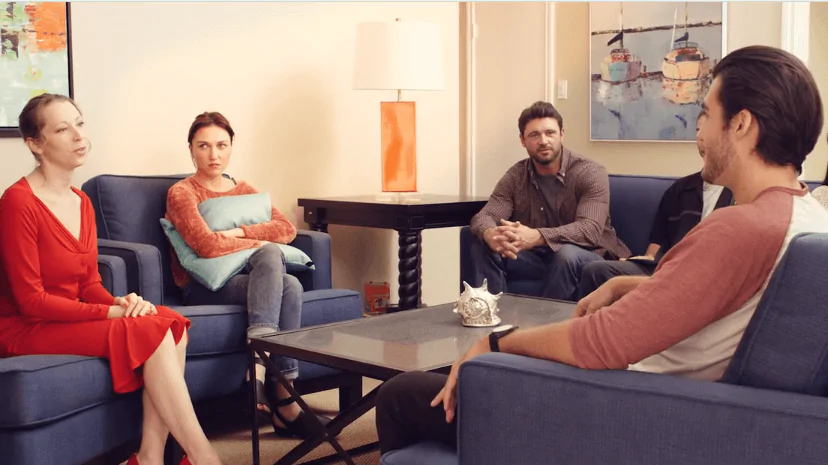24/7 Helpline:
(866) 899-111424/7 Helpline:
(866) 899-1114
Other Insurance Options

BHS | Behavioral Health Systems

Multiplan

Group Health Incorporated

Evernorth

Highmark

Molina Healthcare

UMR

Health Net

MHNNet Behavioral Health

Meritain

UnitedHealth Group

AllWell

CareSource

WellPoint

Optum

Health Choice

Oxford

Sliding scale payment assistance

BlueCross

Private insurance

New Dimension Group
New Dimension Group offers outpatient services for individuals with a mental health diagnosis. The p...









Mahaska Behavioral Health Services
Mahaska Behavioral Health Services is a public rehab located in Oskaloosa, Iowa. Mahaska Behavioral ...

Sieda Community Action
Sieda Community Action provides services designed to strengthen families, promote child development,...

Behavioral Health Services
Behavioral Health Services is a public rehab located in Oskaloosa, Iowa. Behavioral Health Services ...

The Guidance Center
The Guidance Center is located in Oskaloosa, Kansas. They offer mental health treatment services to ...

Grace Counseling
Grace Counseling is a private rehab located in Cedar, Minnesota. Grace Counseling specializes in the...
Mental Health America of Dutchess County
Mental Health America of Dutchess County is a private rehab located in Beacon, New York. Mental Heal...
Astor Services for Children and Families – Beacon Counseling Center
Astor Services for Children and Families - Beacon Counseling Center is located in Beacon, New York. ...




















Crossroads of Pella – Edge of Recovery
Crossroads of Pella – Edge of Recovery is a private rehab located in Oskaloosa, Iowa. Crossroads of ...

Saint Francis Hospital – Inpatient Rehab
Saint Francis Hospital – Inpatient Rehab is a private rehab located in Beacon, New York. Saint Franc...

VMC Consulting Services
VMC Consulting Services is a private rehab located in Beacon, New York. VMC Consulting Services spec...

Lexington Center for Recovery
Lexington Center for Recovery offers a program of recovery which respects the dignity and individual...

















































































